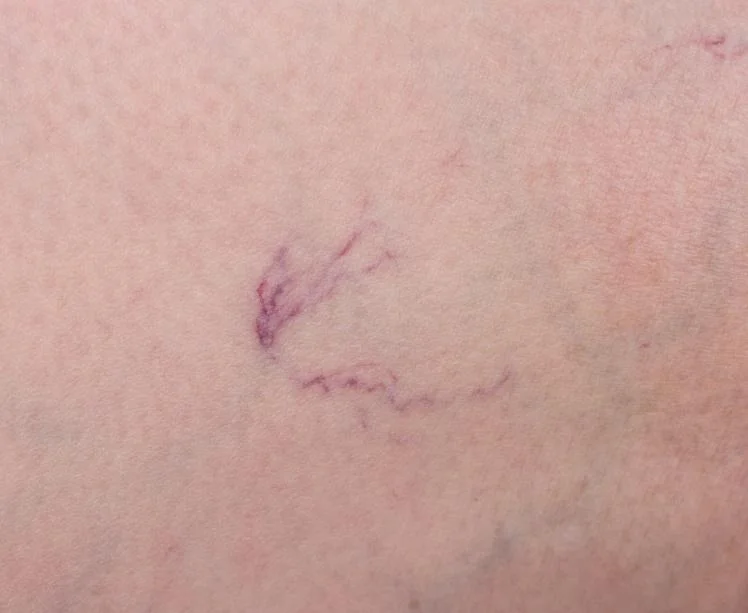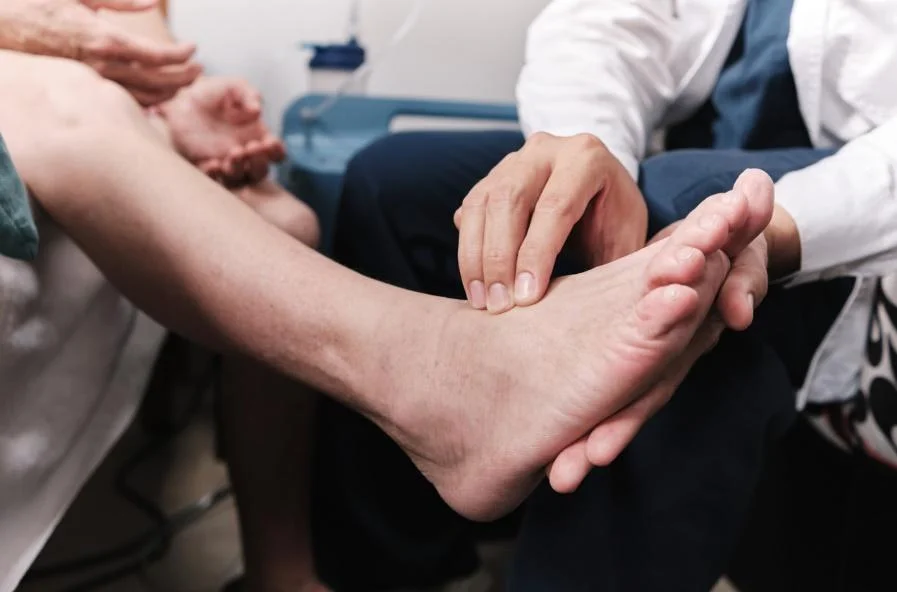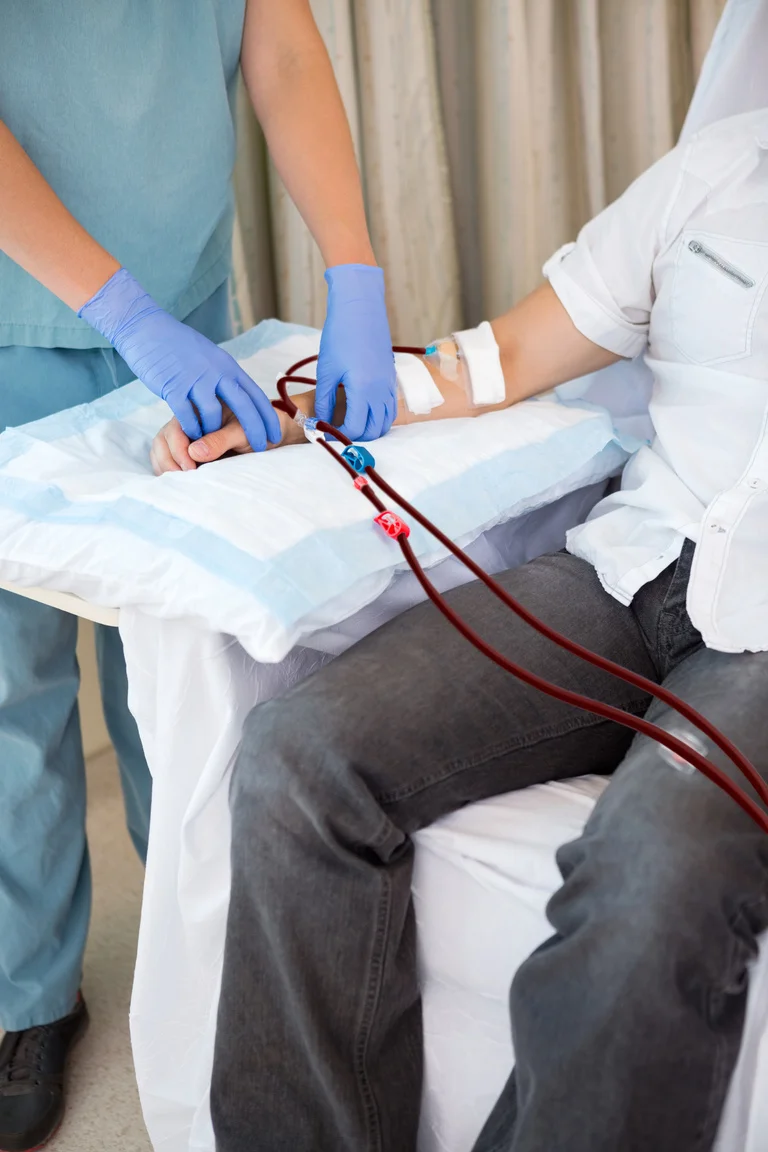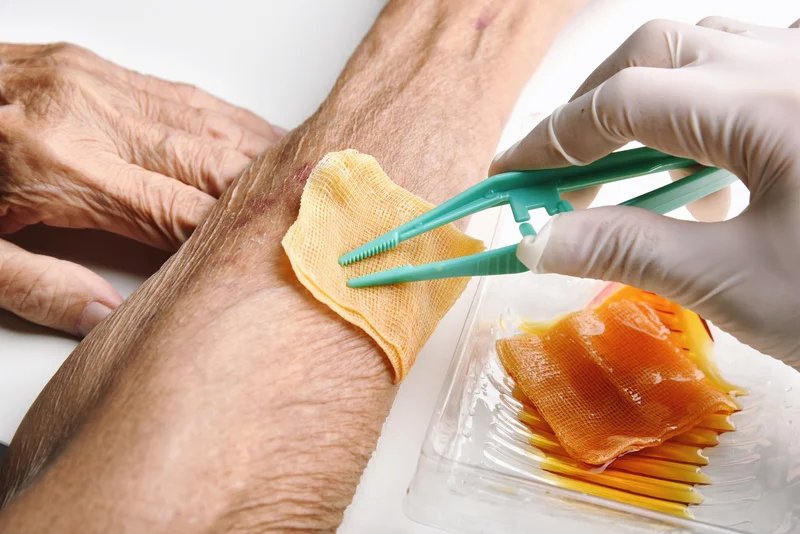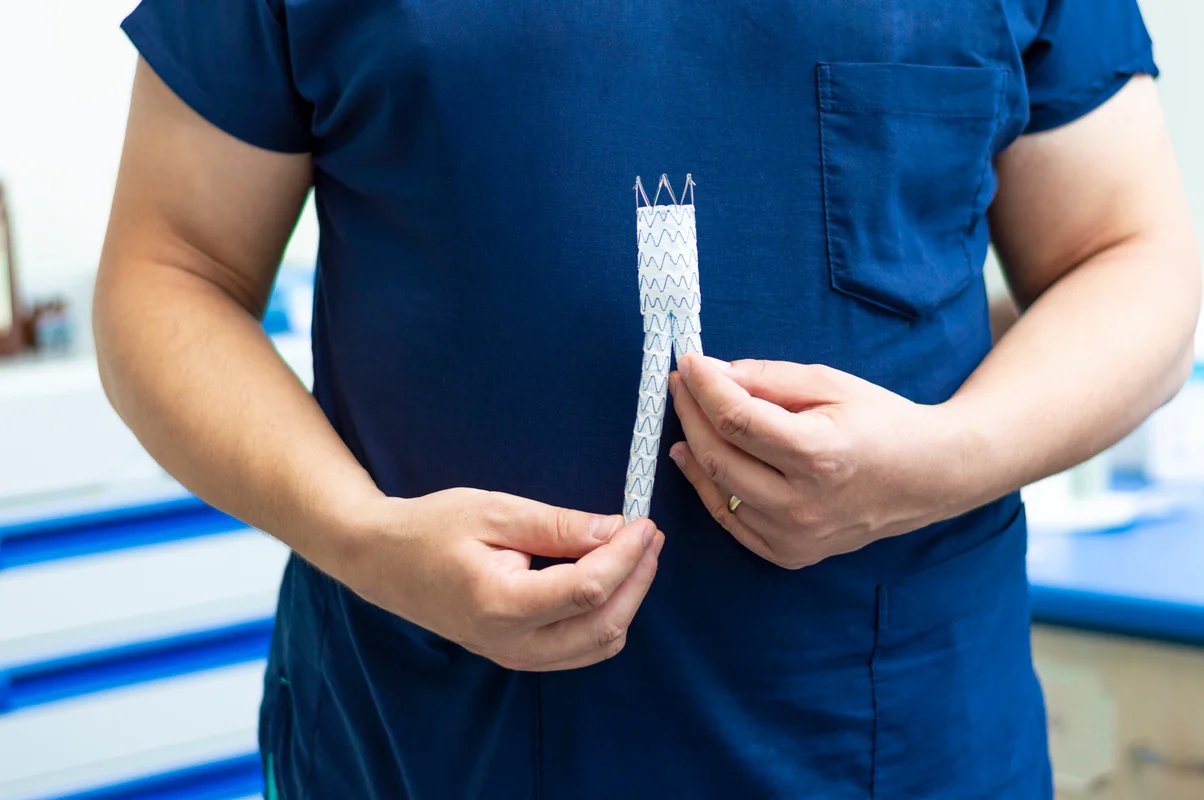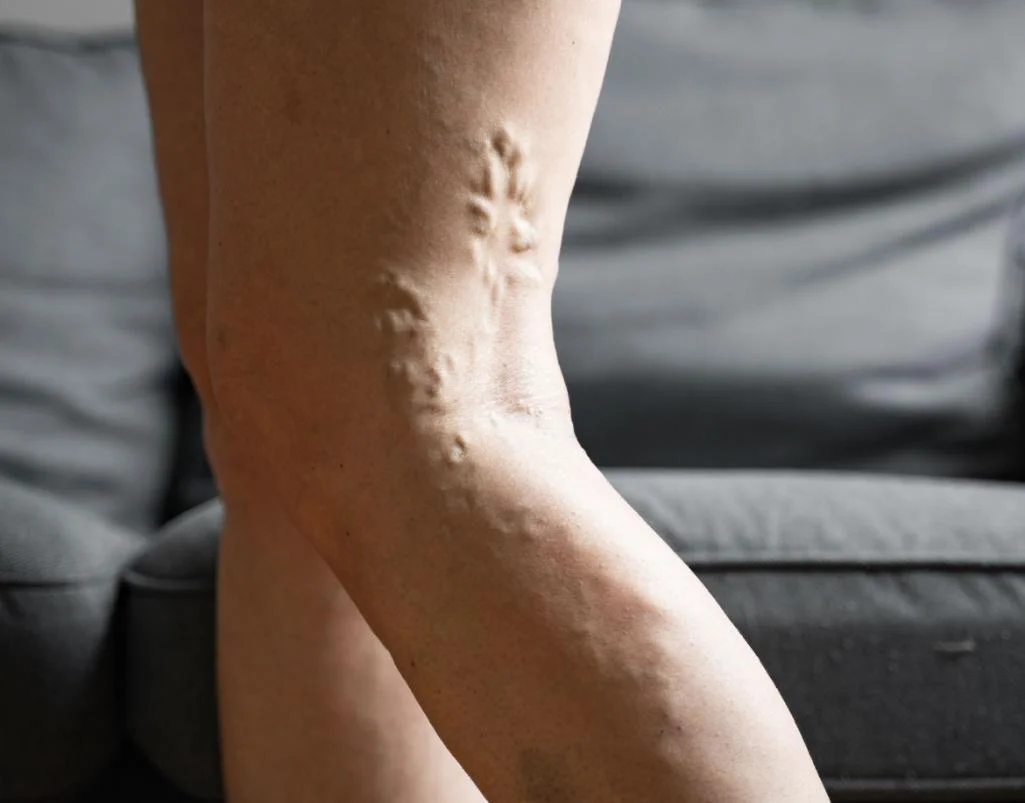
Vascular Specialist for Poorly Healing Wounds
A wound that doesn’t heal properly is often more than a skin problem—it may signal an underlying vascular condition. Poor circulation due to arterial disease or venous insufficiency is a common reason for slow-healing wounds, particularly in the legs and feet. A vascular specialist for poorly healing wounds, such as a vascular surgeon or wound care expert with vascular training, is the right doctor to consult for proper diagnosis and treatment.
Why Choose a Vascular Specialist?
Unlike general practitioners, vascular specialists have advanced expertise in the arteries and veins that supply oxygen and nutrients to tissues. They can:
Perform a thorough vascular assessment.
Identify blood flow problems that delay wound healing.
Recommend targeted treatments to restore circulation.
Coordinate with wound care teams for comprehensive management.
This holistic approach addresses both the wound itself and its root cause.
Diagnostic Tools for Poorly Healing Wounds
To uncover circulation problems, vascular specialists often use:
Duplex ultrasound—maps blood flow in veins and arteries.
Pulse volume recording (PVR)—measures blood pressure changes in the limbs.
Ankle-Brachial Index (ABI)—compares blood pressure in the ankle and arm to detect arterial narrowing.
Angiography—detailed imaging to locate blockages.
These tests guide the most effective treatment plan.
Treatment Options from a Vascular Specialist
Once circulation issues are identified, treatment may include:
Conservative care—compression therapy, exercise, and medications.
Endovascular procedures—
Angioplasty to open narrowed arteries.
Stenting to maintain blood flow.
Surgical interventions—
Bypass surgery to reroute blood around blockages.
Vein treatments for chronic venous insufficiency.
Restoring circulation gives the body the foundation it needs to heal wounds effectively.
When to Seek Help
You should see a vascular specialist if you have wounds that:
Do not improve after weeks of standard care.
Occur on the lower legs, ankles, or feet with swelling or poor circulation.
Are painful, discolored, or slow to close.
Show signs of infection or ulceration.
Early diagnosis prevents complications and supports faster healing.
Final Thoughts
A vascular specialist for poorly healing wounds provides the expertise needed to address circulation problems that block recovery. Through diagnostic tools like duplex ultrasound and treatments such as angioplasty, stenting, or bypass surgery, they restore blood flow and help wounds heal properly.
Frequently Asked Questions
1. What kind of doctor should I see for a wound that won’t heal?
You should see a vascular specialist or vascular surgeon. They can evaluate whether poor circulation is preventing your wound from healing and recommend treatments to improve blood flow.
2. Why is my wound taking so long to heal?
Slow-healing wounds are often caused by poor circulation, diabetes, infection, or venous/arterial disease. Without enough oxygen and nutrients reaching the tissue, wounds can remain open or worsen over time.
3. How does poor circulation affect wound healing?
When blood flow is restricted, the body cannot deliver the oxygen, white blood cells, and nutrients needed to repair damaged tissue. A vascular specialist identifies and treats these blockages to promote proper healing.
4. What tests do vascular specialists use for wound evaluation?
Common tests include duplex ultrasound, pulse volume recording (PVR), ankle-brachial index (ABI), and angiography. These help pinpoint the location and severity of circulation problems.
5. What treatments can improve wound healing?
Depending on the cause, treatments may include angioplasty, stenting, bypass surgery, compression therapy, or medication. Restoring circulation is the key to successful wound healing.
6. When should I worry about a wound that won’t heal?
You should seek medical care if a wound does not improve within 2–3 weeks, becomes painful, swollen, discolored, or shows signs of infection. Early evaluation by a vascular specialist prevents complications like ulcers or gangrene.

Take the First Step Towards Vascular Health Today!
Are you ready to transform your vascular health with expert care and cutting-edge treatments?
Dr. Darryl Lim and his dedicated team are committed to providing personalized, compassionate care. Whether you’re dealing with varicose veins, peripheral artery disease, or other vascular conditions, Dr. Lim’s expertise and innovative approach ensure you receive the best possible outcomes.
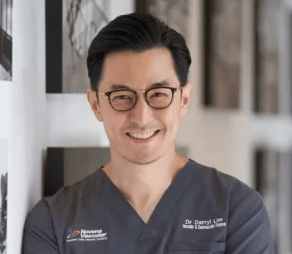
Dr. Darryl Lim is a Senior Consultant Vascular and Endovascular Surgeon at the Novena Vascular and Varicose Vein Centre in Singapore. Before this role, he served as the Director of the Vascular Unit at Changi General Hospital and as a Service Chief at the Singhealth-Duke NUS Vascular Centre. Under his tenure, Changi General Hospital’s Vascular Unit was recognized as a regional centre of excellence.
Dr. Lim has a strong commitment to training emerging interventionalists and enhancing the capabilities of vascular units in Southeast Asia. He is regularly invited to travel to regional units to conduct live case workshops and to speak at international conferences.

